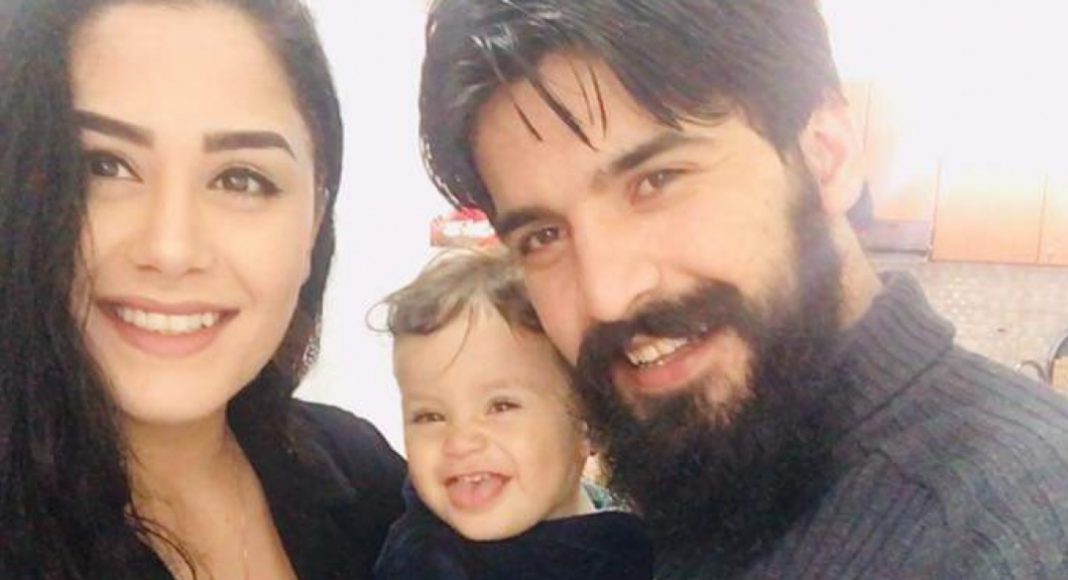British woman Tifa Givian, who left Iran 30 years ago and now lives in Greece, was allegedly told to “stand with the rest of her people,” by Greek police after walking through the Lesvos port with her family last weekend.
Mistaking them for refugees, Tifa and her family were allegedly subjected to racist abuse by Greek police officers, asking the family for documents while they raided their personal belongings.
Ms Givian spoke about the racist incident in a public Facebook post yesterday.
“I asked why we’d been stopped,” Ms Givian said. “They told me to shut my mouth. I asked if I should put down my baby’s changing bag. They told me to shut my mouth.”
Ms Givian’s husband underwent a body search while five police officers rooted through the family’s bags, discarding their personal belongings aside.
“They took out my underwear one by one, held it up, spoke in Greek and laughed,” Ms Givian said. “They took out my sanitary pads and laughed.
“They checked my baby’s clothes, his toys, his books, his nappies.
“Again, I was asked about my nationality. I told them I have a British passport. They laughed and mimicked my British accent.
“I breastfed my baby in the little hut they had put us in to calm him down. They stared at my breasts, pointed and laughed.
“This was three days ago. I don’t remember everything that was said, but what I wrote above I wish I could forget. It’s been three days and I’m still shaking every time I think about it.
“Our IDs, our legitimate work, our baby, our money, nothing mattered. The colour of our skin meant we had to be stopped and harassed.”
Tougher asylum laws have been instilled by the new government that took over mid-2019 meaning many migrants, who have waited years for their asylum interviews, are being deported after their interviews.
READ: Over 2000 migrants participate in mass-protest against deportations on Lesvos
A protest took place on Tuesday as refugees carried makeshift signs with the word ‘freedom’ to demonstrate against tougher new asylum rules. Tear gas was fired by police at some 2,000 men and women who left refugee camp of Moria on the Greek island of Lesvos.
